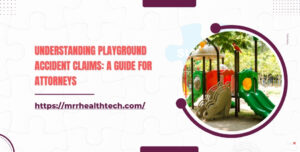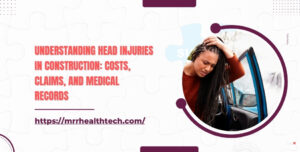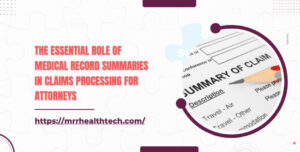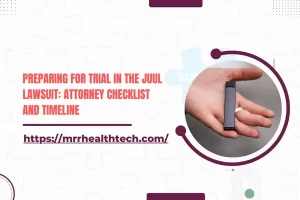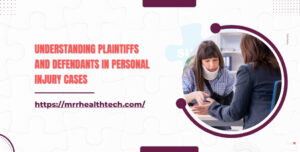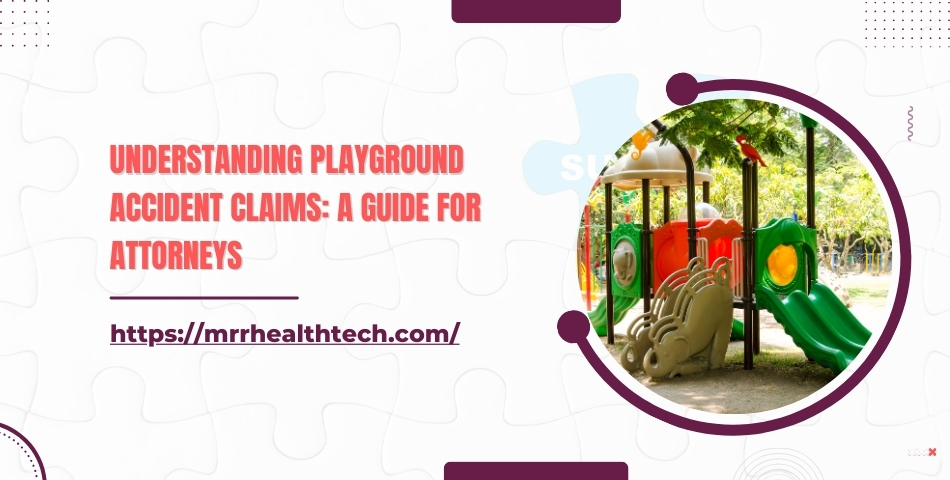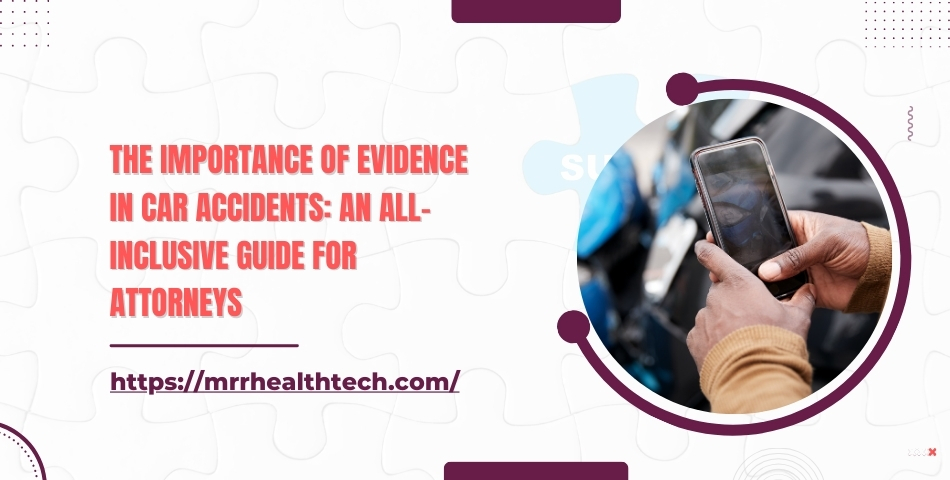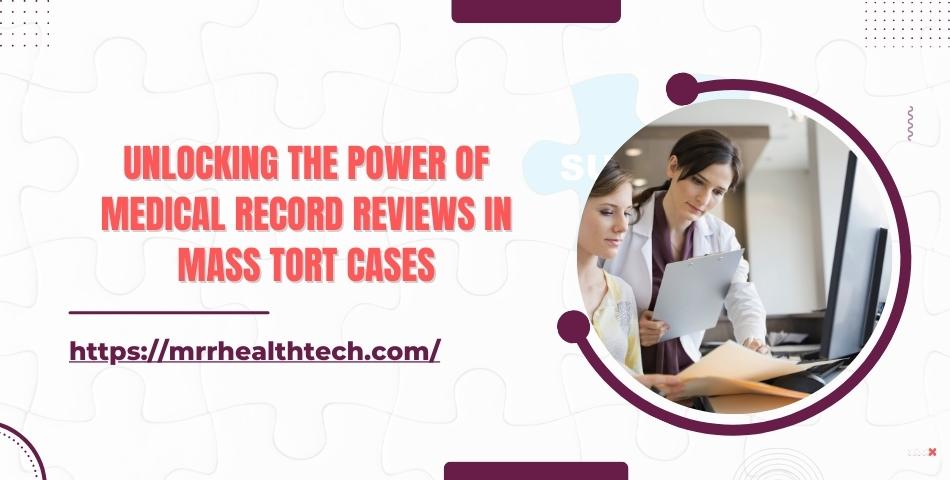
Introduction
As a complex procedure, mass tort cases should include medical record reviews as a very important aspect. It’s very critical for attorneys to emphasize how to use medical records in a case, because that can affect the outcome of the case A number of important issues are covered in this article, such as the reasons why medical record reviews are so important, the steps involved, and how medical record review services could help lawyers all over the US to develop strong cases.
Understanding Mass Tort Cases
What is a Mass Tort?
In essence, mass tort is when numerous distinct and independent legal actions are brought by multiple people against one person or a single company or a few companies over the same issue which in many cases include defective goods or pharmaceutical use. This is in contrast with class action lawsuits, which mass torts enable the filing of several claims in order for plaintiffs to be able to recover through tailored compensation.
Key Characteristics of Mass Tort Cases
• Multiple Plaintiffs: Involves multiple people suffering from the same problem.
• Commonality of Facts: Witnesses of the case recall almost the same events or have similar wounds.
• Individual Claims: The claim of each claimant is separate and therefore different legal tactics can be employed for each.
The Importance of Medical Record Reviews
Why Medical Records Matter
Medical records serve as critical evidence in mass tort cases. They provide a comprehensive account of a plaintiff’s medical history, treatment, and the impact of the alleged tortious conduct. Properly reviewed medical records can:
- Determine the relationship between the defendant’s actions and the plaintiff’s damages.
- Determine the level of dependence and the time loss of services.
- Provide prima facie evidence for such claims as medical costs, lost earnings, general damages, among others.
Common Challenges in Medical Record Reviews
- Amount of Records: In most mass tort cases, there is a lot of medical records which makes it hard to pick the relevant material.
- Complex Medical Terminology: People in legal professions tend not to understand some medical terms, considering they do not have a thorough grounding in that field.
- Gaps in Documents: Differences in medical records can create confusion when making cases and tend to undermine the arguments made.
The Medical Record Review Process
Step 1: Collection of Medical Records
The very first step of the medical record review process is the gathering of all such medical papers which are relevant. This includes:
- Hospital records
- Physician notes
- Diagnostic test results
- Treatment plans
Step 2: Organization and Categorization
The records may be arranged properly and categorized to facilitate speedy and efficient review after they have all been collected, this could include:
- Creating a timeline of medical events
- Highlighting key treatments and diagnoses
- Identifying gaps in documentation
Step 3: Detailed Review and Analysis
A thorough review of the organized records is essential. This step involves:
• Determining the purpose of each paper relevant to the case.
• Detecting relations or contradictions within the history of medicine.
• Enumerating evidences which assist in the formulation of the legal case instead.
Step 4: Reporting Findings
After the review, Report is drafted which gives a summary of the medical history of the patient under consideration and is known as an opinion. This report should include:
- Key medical facts relevant to the case.
- An analysis of how the medical records support the claims.
- Recommendations for further action or additional evidence needed.
How Our Medical Record Review Services Assist Attorneys
Expertise in Medical Terminology
We have a team of medical record review specialists and medical practitioners who know the ins and outs of medical linguistics and practices. With such expertise, we will help the attorneys in acknowledging complex evidence in the form of medical reports.
Streamlined Process
All relevant information is obtained through a systematic approach and all that is needed to be scanned is done so while maintaining accuracy. This helps in reducing the time attorneys take analyzing the records to only formulating a case and engaging the client.
Customized Reports
When it comes to every case, we prepare case specific paperwork that contains details that are easier to remember. These reports are kept small, so the attorney has easy time in submitting the report in court during the trial.
Current Trends in Medical Record Reviews (2024)
The Rise of Technology in Record Review
As of 2024, the integration of technology in medical record reviews has transformed the landscape. Advanced software tools now assist in:
• The relevant information data to be analyzed is scanned automatically.
• Records automatically become more accurate when analyzed.
• Increased engagement between lawyers and healthcare providers.
Increased Focus on Data Privacy
The proliferation of the data privacy and data protection phenomenon informs lawyers to pay attention to laws like HIPAA when working with medical records. Our firm deals with sensitive information with the utmost care and leaves no stone unturned in legal compliance.
Case Studies
Case Study 1: Pharmaceutical Injury
Overview of the Case: A group of plaintiffs filed a mass tort against a pharmaceutical company, alleging that a medication caused severe side effects not disclosed during marketing.
Challenges: The primary challenge was the sheer volume of medical records from various healthcare providers, making it difficult to establish a clear connection between the medication and the injuries.
Solutions: Our team conducted a comprehensive review, categorizing records by treatment timelines and identifying key medical events. We highlighted instances of adverse reactions documented by healthcare providers.
Compensation: The thorough review led to a successful settlement for the plaintiffs, with compensation that reflected the severity of their injuries and the impact on their quality of life.
Case Study 2: Environmental Disaster
Overview of the Case: A community group filed a mass tort against a corporation for causing them health issues due to the pollution of the surrounding area.
Challenges: Some patients were practically illiterate causing their medical records to be poorly presented with some documents to be missing entirely.
Solutions: We arranged the documents in a timeline and noted the areas where there was missing information. We spoke to the health workers as part of the case to clarify unclear aspects and this increased the chances of winning that case.
Compensation: The case has been good to all involved in that it brought a good settlement amount that covered all the medical costs and continuous checkup for these residents.
Conclusion
Mass torts have more chances to succeed when lawyers perform a review of medical records. Attorneys are able to make better cases for their clients over their claims when they comprehend their clients’ medical records language and work with our solutions. Mass tort action is one of the dynamic areas of legal professional practice and it is imperative for attorneys to stay awake with and adapt to the latest developments in this field in order to protect the interests of the clients they represent.

